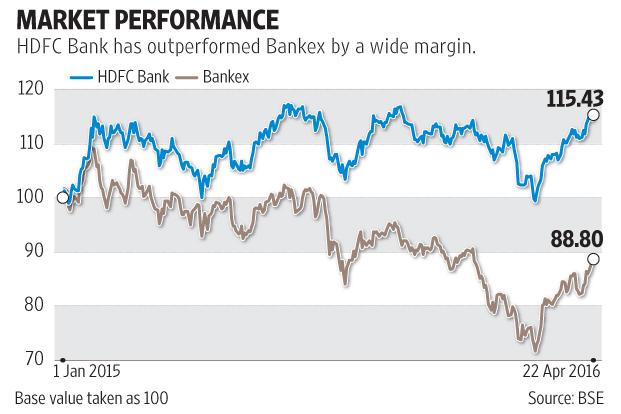More finance for finance tech startups today. TranServ, the digital payments startup, possessing its own digital wallet as well, has raised close to $15 Million in a Series C round, led Micromax Informatics and IDFC Asset Management Co., along with the participation of Nirvana and Faering Capital India Evolving Fund.
While Micromax Informatics and IDFC Asset Management Co. are the new investors, Nirvana Ventures and Faering Capital India Evolving Fund are existing ones. IDFC has invested in the company through its VC fund called IDFC SPICE.
The newly raised capital will help the company to launch new products including micro credit, which the company is currently working on. It is also planning to hire more people and enhance its technology around payments.
The company is currently in talks with banks and non-banking financial institutions to kickstart its micro-credit business. It is also exploring growth opportunities through both organic and inorganic routes.
The company’s founder, Anish Williams says that the company may not need to raise another round of funding considering its current growth rate. He also says that they aim to make company fully profitable within next one or one and a half year.
We are looking to add new products such as micro credit and micro investments, besides other offerings. A lot of focus will be given to push Udio to make transactions seamless.He further revealed that the promoters, including Amar Habibullah, Aditya Gupta, Sandeep Ghule and himself, are the largest shareholders, although they hold less than 51% equity in the company.
said Anish Williams, co-founder & CEO, TranServ
Earlier this year, the company had launched Udio – a digital wallet with a social angle. The wallet is more of a social experience that seeks to address some of the issues that cause the gap between real and virtual modes of payment.
Udio Wallet is designed to bring a social and community-driven aspect of payments to the fore while also ensuring an anytime, anywhere accessibility to digital P2P transactions via its very own, secure payment systems. Last year, it partnered with India’s largest smartphone company – Micromax to equip all future Micromax devices with its service.
The Mumbai-based startup was founded by Anish Williams, Aditya Gupta and Sandeep Ghule around five years ago. Transerv is an electronic payments and prepaid payments solutions software platform that seeks to serve a variety of organisations and people through ease and safety in payment processing.
Till now, the company was executing projects in government grant disbursements besides insurance and dairy payments. Its flagship brand is Shmart!Pay and it works with lenders like Bank of India, Kotak Mahindra Bank, Axis Bank along with RuPay and Visa to execute such projects.
In this segment, one of the direct competitor for TranServ is ItzCash while in the digital wallet space, it is competing against PayTM, FreeCharge, Oxigen, MobiKwik, etc.






